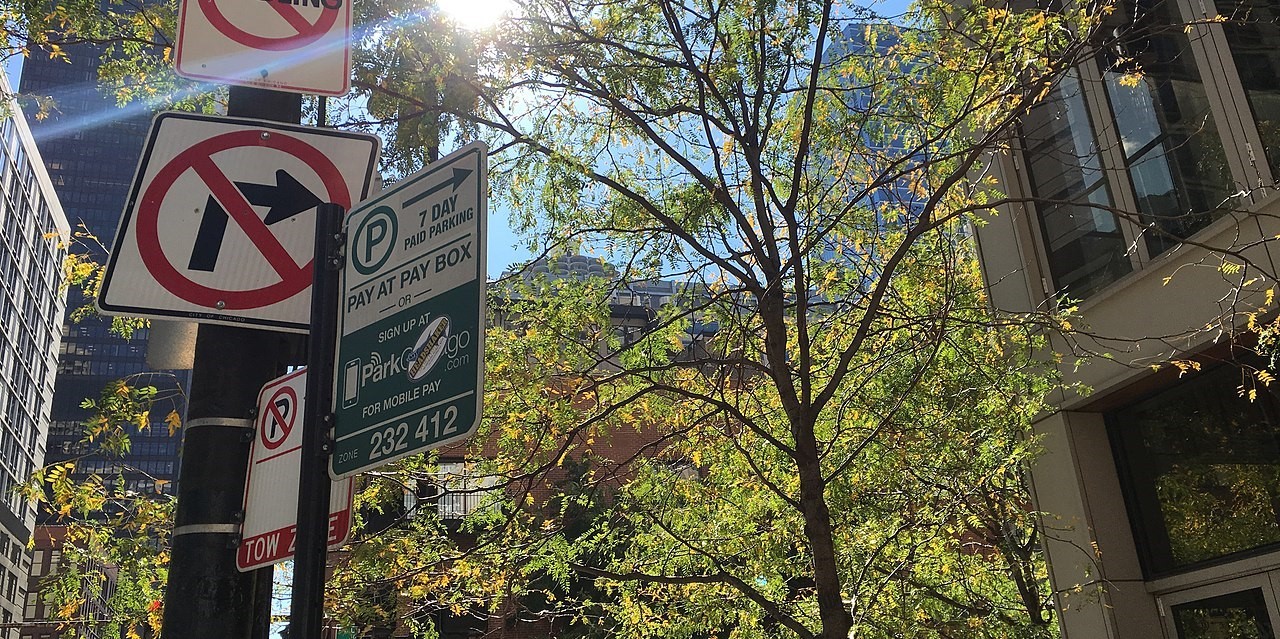CHICAGO — A federal judge has rejected the city of Chicago's attempts to put the brakes on a class action challenging Chicago's vehicle impoundment program, under which plaintiffs said their vehicles had been "effectively stolen" by the city.
In June 2019, attorneys with the firm of Myron M. Cherry & Associates, of Chicago, filed suit on behalf of named plaintiff Andrea Santiago. Santiago wants the city to pay up to two classes of perhaps tens of thousands of other car owners whose vehicles were either towed by the city after being declared abandoned, or were later “disposed of by the City” - a phrase that often meant the cars were sold to tow companies, which later resold the vehicles for scrap and parts.
The lawsuit asserted the city did not abide by policies requiring notices to be sent to vehicle owners, leaving some vehicle owners unaware their cars had been towed, and others unaware their vehicles had been scrapped.

Jacie Zolna
| Myron M. Cherry & Associates
Santiago’s complaint is distinct from an April 2019 Cook County class action filed by attorneys with the Washington, D.C.-based civil rights legal organization Institute for Justice and attorney Robert J. Pavich, of Chicago. That action, which accused the city of operating an "unconstitutional racket," remains pending.
In an opinion issued Nov. 15, U.S. District Judge Mathew Kennelly said Santiago’s complaint met thresholds needed to certify it to proceed as a class action.
Santiago's case is based, in part, on information contained in a WBEZ report, which found that 32,155 of 93,857 cars the city towed in 2017 were unclaimed. The city further sold almost 24,000 of those for scrap.
Santiago's complaint accused the city of standardized alleged misconduct, including failing to mail notice to car owners before towing, then failing to also nortify owners before disposing of an unclaimed vehicle.
In March, Kennelly rejected the city’s motion to dismiss all of Santiago’s complaint, saying she adequately alleged the city had deprived her of due process rights under an official government policy, and adequately alleged the city had violated Fifth Amendment protections against government seizure of private property without just compensation.
The judge did agree to dismiss her claims alleging violation of Fourth Amendment illegal seizure protections as relates to vehicle disposition, because “the Fourth Amendment does not govern the retention or disposal of property that has already been seized.”
In response, the city challenged the size and scope of the potential classes of additional plaintiffs.
In amended filings, Santiago's lawyers conceded the class who could sue under improper towing could only include those whose tow was attributed to a specific municipal code section and limited to a two-year period starting June 11, 2017. The plaintiffs also proposed a five-year limitation for the proposed class of people challenging the manner in which their vehicle was disposed.
Kennelly said the city also maintained its policy of sending identical impoundment notices on the same day satisfies its own ordinance — under which the city can’t impound a vehicle for 18 days after giving notice, but must give an additional notice within that period — as well as constitutional obligations. Using that stance to deny class certification is insufficient, he wrote, “because it amounts to an argument that Santiago’s claim will not succeed on the merits.”
The city also made three challenges under the adequacy of representation standard. It said she had a unique defense from the rest of the tow class because her daughter saw and removed the city’s sticker from Santiago's van, showing the city had provided notice of its intent to tow.
In court filings, Santiago's lawyers noted the city had still towed and impounded Santiago's vehicle, even after her daughter had moved the vehicle from where the city had initially found it on the street, and had placed a sign in the window, including contact information, telling the city the vehicle was legal and not abandoned.
Kennelly rejected the city's arguments concerning the sticker. He said “a plaintiff who has received actual notice may still challenge the procedural sufficiency of the notice.”
He said the city's second challenge recycled the argument pertaining to the dual notices because her challenge to that practice is typical of the other class members. The third challenge concerned Santiago’s standing because she can't press claims over a "threat of future injury.” Kennelly said entitlement to relief shouldn’t be conflated with suitability to be a class representative.
However, Kennelly agreed with the city’s position on speculation, saying the portion of her suit based on a worry a new van could be towed is insufficient, as is the related proposition that, should it be towed, the city could then dispose of it improperly. As such, he said he would allow only a class action to proceed for those who had already had their cars improperly impounded, or disposed of, without proper notice. While some differences may exist among some class members, the judge said it wasn't enough to shut off the class action on their behalf.
He declined to discuss a blanket injunction barring the city from towing abandoned cars in the future under its abandoned car policy.
In addition to certifying damages classes under the towing and disposal allegations, Kennelly appointed attorneys Myron Cherry, Jacie Zolna, Benjamin Swetland, Jeremiah Nixon and Jessica Charvin to serve as class counsel.
